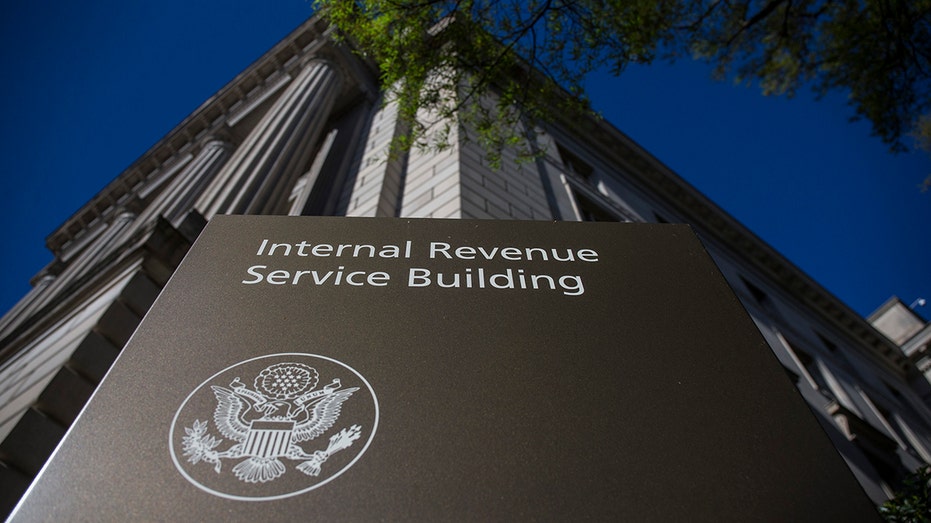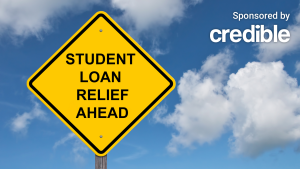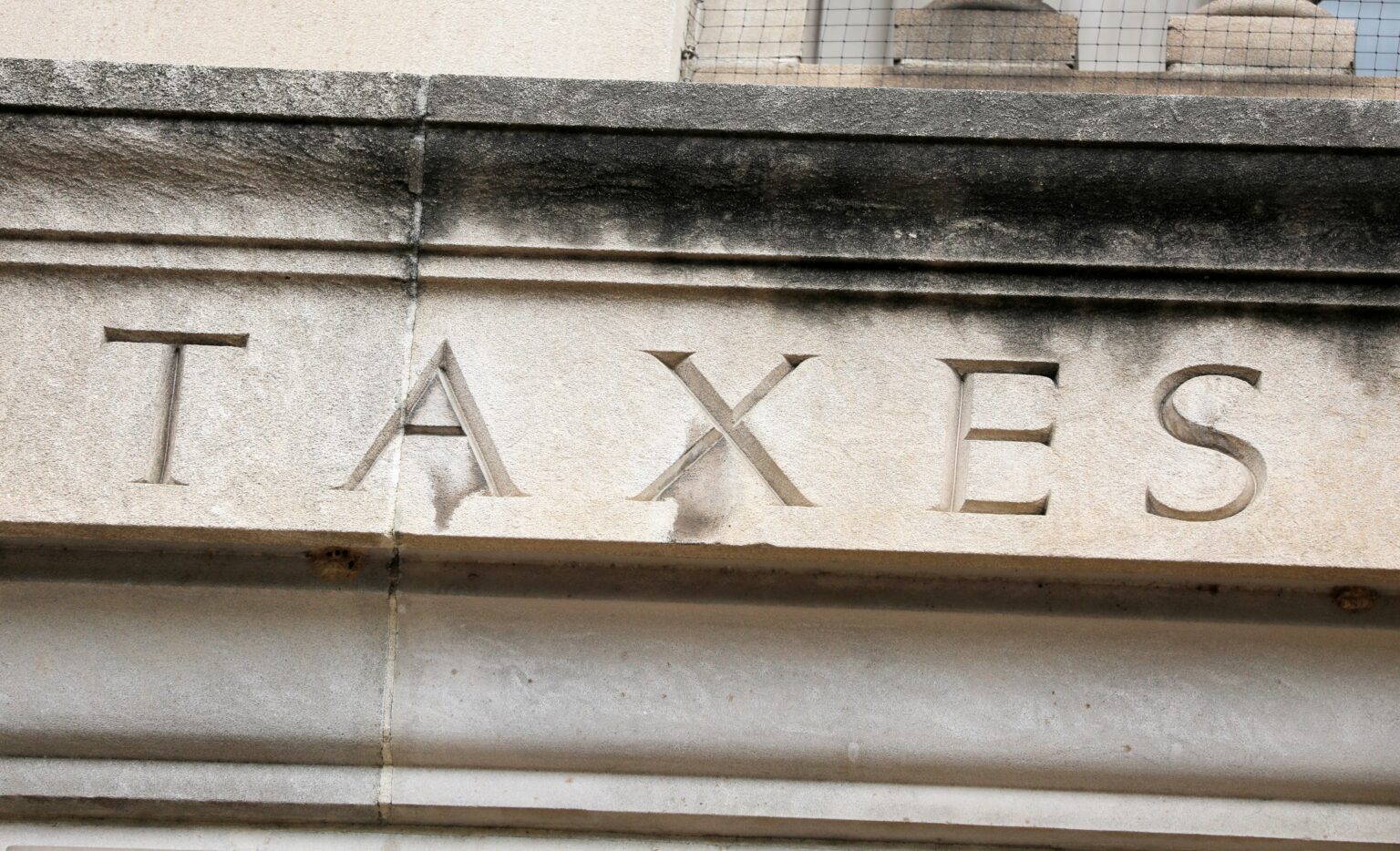Like some kind of unstoppable zombie, the idea of a national sales tax has come back to haunt us yet again.
Count on it to be a major issue in the 2024 presidential election campaign, as Donald Trump’s campaign runs ads attacking Florida Gov. Ron DeSantis for co-sponsoring national sales tax legislation while serving in Congress.
Politicians who support this idea, which is sometimes billed as a “FairTax,” are selling us a bill of goods – literally. Either they don’t understand why a national sales tax would be an economic disaster, or they simply don’t care because they’ve calculated that supporting it will get them votes.
A national sales tax would be extraordinarily regressive by its very nature, defying a century-old political consensus, because taxes would be collected based on expenditures not income. Low-income families spend a significantly higher proportion of their income than higher-income families, so they would naturally be hit hardest.
NEW GOP TAX PACKAGE WOULD PUB $4,000 BACK IN AMERICAN FAMILIES’ POCKETS
According to an analysis of data provided by the Bureau of Labor Statistics, the average American household spends nearly 75% of its annual income. The highest 20% of American households spend just over 50% of their income. The lowest 20% of American households, however, spend 100% of their income.
Supporters tout the fact that a national sales tax would replace other forms of taxation, most of which are deeply unpopular. But in order to fully replace the revenue from abolishing taxes on income taxes, payroll taxes and corporate taxes, FairTax advocates call for a 23% tax on all goods and services.
To put this in perspective, consider the economic pain inflicted by inflation over the past couple of years. Then consider that inflation peaked at just under 10% on an annual basis. A national sales tax would impose an immediate across-the-board price increase of 23% on everything you buy. That would match the highest recorded inflation rate in U.S. history.
What would this look like for people on disability or seniors on a fixed income? People who already have to spend most or all of their income just to survive would suddenly find themselves unable to afford basic necessities.
According to BLS data from 2021, the most recent year for which data is available, the average American household spent roughly $438 per month on groceries. Were a 23% national sales tax implemented, Americans spending that much would see their monthly grocery bill increase to $538 overnight. That’s an extra $1,200 per year on groceries alone.
IRS WEIGHS CREATING A GOVERNMENT-RUN TAX-PREP OPTION
And let’s be honest – the actual sales tax rate that would be needed for a revenue-neutral switch would likely be significantly higher, because such a huge price increase would have a dramatic impact on spending patterns. People would make fewer purchases because they couldn’t afford them.
Meanwhile, both businesses and consumers would have a strong incentive to evade the tax with under-the-table transactions. Congress would be forced to raise the national sales tax rate even higher to compensate for the lost revenue, further devastating the hard-working families who would be least able to afford this regressive new tax.
This nightmare scenario might be mitigated somewhat by the “prebate” that FairTax supporters want to send to low-income families, but it would be impossible to avert the calamity completely, and a prebate would likely wind up being even more complex and costly than collecting income taxes.

Imagine this scenario: The U.S. switches to a national sales tax, triggering hyperinflation, then the economy crashes because businesses are unable to sell their suddenly unaffordable goods and services. And when goods and services can’t sell, a massive loss of jobs will follow. It could lead to economic catastrophe.
Oh, and for the record, politicians who talk about “abolishing the IRS” are in effect advocating for a national sales tax, because it’s the only form of taxation that could be collected without a tax enforcement agency.
A national sales tax might sound like a panacea at first, but once you dig into the dirty details, it’s clear that it would only benefit the wealthiest among us while shifting the overall tax burden onto the shoulders of lower- and middle-income Americans.
It’s easy for career politicians who have never owned a company, never signed the back of a check, never invested in a business, never created a job, and never taken an accounting course to extoll the supposed benefits of a national sales tax. But those of us who have worked for a living, and who have taken the time to fully consider the ramifications of such a radical change, know that when something sounds too good to be true, it probably is.
A much better way to reform our tax code and promote economic growth is by maintaining a progressive income tax structure while reducing rates to their lowest sustainable level – especially for low-income taxpayers – and using targeted tax incentives such as Opportunity Zones to promote development in underdeveloped communities.
It’s time to put the idea of a national sales tax to rest once and for all and stop listening to politicians who know nothing about building a business or managing a household budget.
JULIO GONZALEZ
Read the full article here











